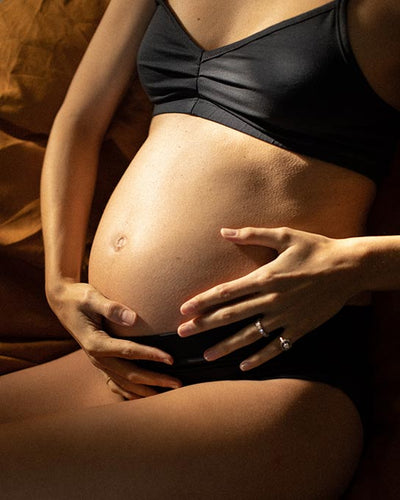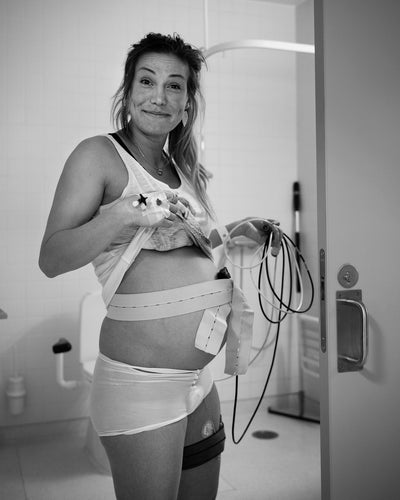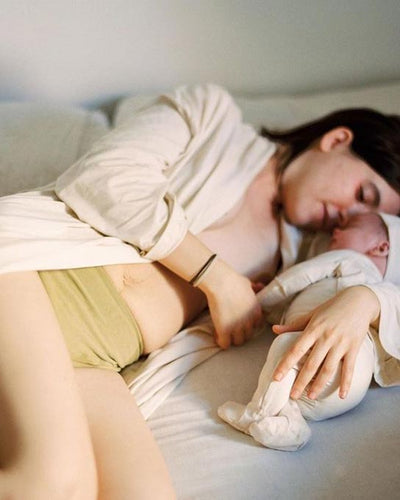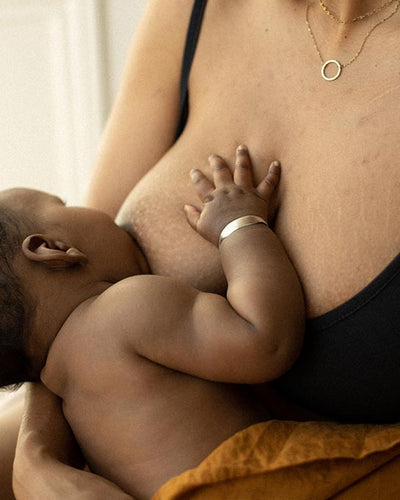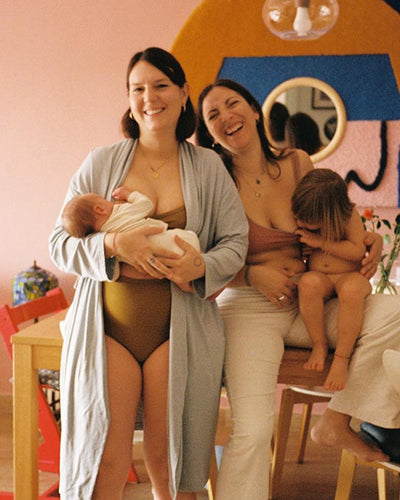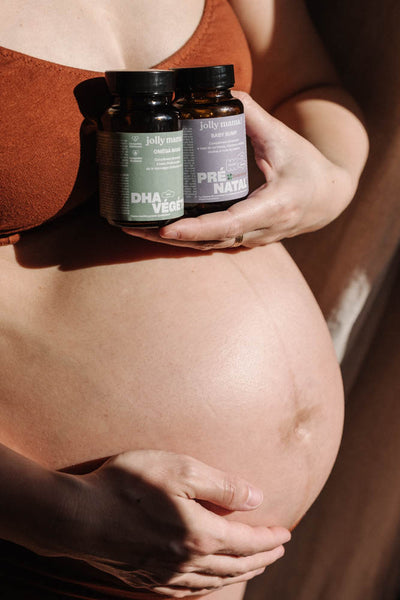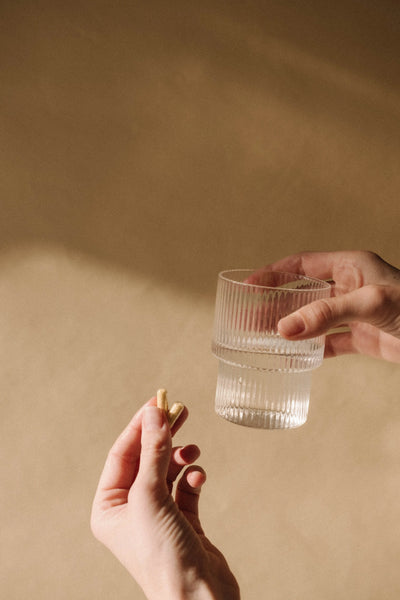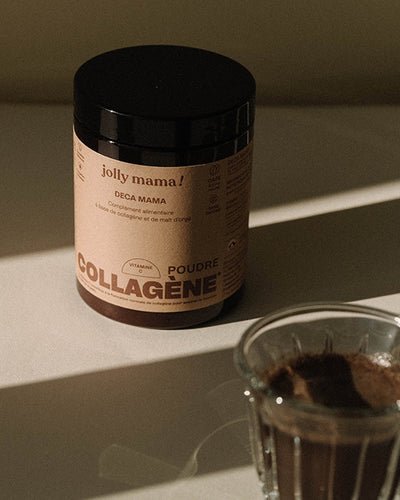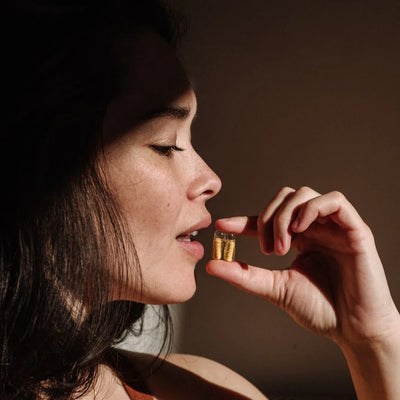Café et grossesse : est-ce sans danger ?
- 01. Les recommandations de café pendant la grossesse
- 02. Quels sont les risques de boire du café enceinte pour la santé du fœtus ?
- 03. Quels sont les risques du café pendant la grossesse pour la santé du bébé et sur le long terme ?
- 04. Quelques conseils pour bien consommer son café pendant la grossesse
- 05. Quelques alternatives au café pendant la grossesse
- 06. Conclusion
Dans l’avis relatif à l’évaluation des risques liés à la consommation de boissons dites « énergisantes », l’Anses recommande aux femmes enceintes d’éviter de les consommer en raison d’un effet possible sur le retard de croissance du bébé car elles contiennent de la caféine, et de ne pas en prendre plus de 2 à 3 tasses de café léger par jour [1]. D’après l’EFSA (Autorité Européenne de sécurité des aliments), jusqu’à 200mg par jour consommés serait sans danger.
Un apport maximum de 200 mg par jour de caféine apparaît comme sans danger pour la santé pendant la grossesse [2].
Quelques teneurs en caféine pour vous aider à vous repérer
Théine et caféine, la même chose !
Ce serait sans danger à moins de 200mg par jour
Notre produit conseillé
Grossesse
Post-partum

Notre produit conseillé
Déca Mama
Le bébé ne métabolise pas la caféine
L’élimination de la caféine diminue avec l’avancée de la grossesse
La prise de caféine altère l’oxygénation du bébé
Plus de 150 mg de caféine par jour peut augmenter le risque de fausse couche
Seulement 50 mg de caféine agirait sur le poids du bébé
Les nouveau-nés ont des symptômes de dépendance à la naissance
La caféine diminue la synthèse d’hémoglobine
Une exposition élevée peut affecter le développement du cerveau de l’enfant
Une augmentation du risque d’obésité
Si cela reste indispensable pour vous, conservez le moment qui vous apporte le plus de plaisir dans la journée. Dégustez-le tranquillement, en conscience.
Optez pour un café bio, en grains, avec une torréfaction à l’ancienne. Fuyez au maximum celui industriel, les capsules (souvent plus riches en caféine) et évitez ceux préparés au filtre en papier. Préparez-le de préférence au percolateur.
Attention au décaféiné car bien souvent il est traité au chlore.
Tournez-vous vers un café Arabica plutôt que Robusta, ce dernier est deux fois plus riche en caféine et comme son goût est plus fort, vous aurez tendance à vouloir le sucrer (substituez le sucre par une goutte de sirop d’agave, une pincée de sucre complet ou de coco).
Pour faciliter la digestion, si vous l’allongez avec du lait, ajoutez un lait végétal plutôt que du lait de vache.
Buvez-le éloigné des repas (au moins 2 heures après un repas) pour éviter les carences nutritionnelles qu’il peut engendrer (comme une diminution de l’absorption de fer par exemple).
Une alternative hyper gourmande au café pendant la grossesse et bonne pour vous et votre bébé ? Notre gamme de complément alimentaire collagène ! Le collagène est bénéfique pour la beauté de la peau, des cheveux et prend soin du corps en profondeur.
Déca Mama, la poudre de collagène à base d'orge, d'arôme naturel de café, mais sans caféine. L'alternative idéale pour avoir le goût du café, et prendre soin de soi.
Mamaload, au cacao, une boisson réconfortante et réchauffante.
Les tisanes sont une excellente alternative. Sans caféine, vous bénéficiez de leurs vertus thérapeutiques. Une tisane grossesse à base de pomme et camomille est bien compatible. Faites attention aux autres tisanes à base de plantes pour lesquelles il est recommandé de limiter sa consommation pendant la grossesse.
L’eau infusée est également une bonne idée, avec des fraises, du citron, etc, cela vous permettra de rester bien hydratée.
Pour en savoir plus sur les alternatives au café, allez voir notre article sur le sujet.
Si vous êtes fatiguée et que vous avez besoin d’énergie, il se peut que vous ne consommiez pas en quantité suffisante tous les nutriments essentiels. Nos vitamines grossesse contiennent toutes les vitamines et minéraux nécessaires pour lutter contre la fatigue. Elles peuvent être prise en parallèle de notre gamme de complément alimentaire fatigue au magnésium.
Il est largement démontré que la prise de caféine a des effets sur la grossesse, et que cela dépend également de la quantité ingérée.
Bien que les recommandations estiment que 200 mg de caféine est une quantité tolérable, certaines études démontrent que boire du café enceinte est dangereux et recommandent de limiter fortement sa consommation. Il faut donc prendre ces résultats avec précaution et essayer d’en consommer le moins possible.
Pendant l’allaitement, il ne vaut mieux pas en sur consommer non plus, mais les effets sont moins importants.
NOS SOURCES
Pourquoi ce produit ?
Notre produit conseillé
Grossesse
Post-partum

Notre produit conseillé
Déca Mama

